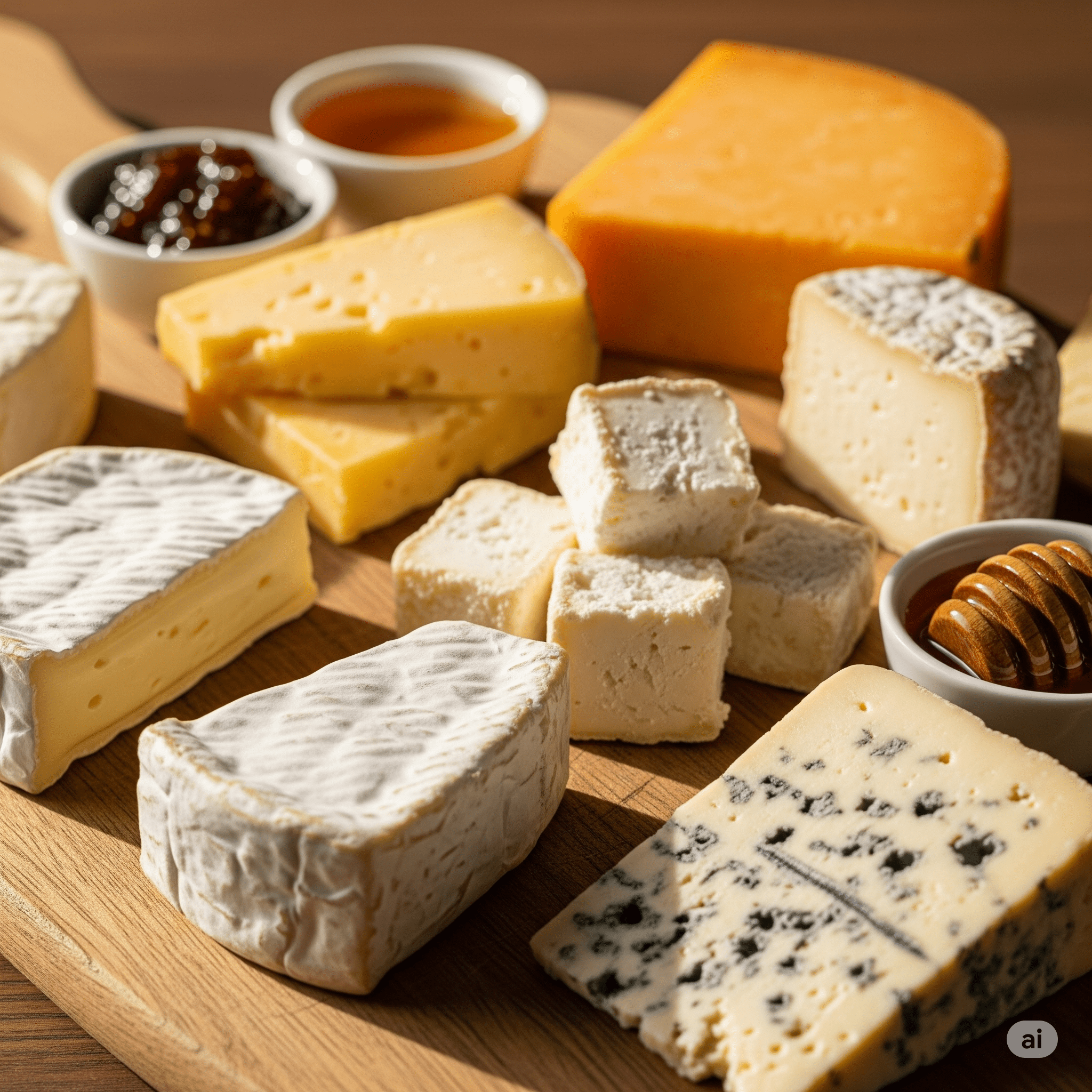Bloating is a common concern for many people who embark on a keto diet, and it can feel quite frustrating. The bloated sensation, which often manifests as a swollen, tight belly, can dampen the excitement of trying a new eating plan. Many find themselves asking why their bodies react this way, especially when they're supposedly eating healthier. One surprising culprit often causing this discomfort is cheese, a staple for many on the keto journey. Understanding why this happens can help those on the keto diet navigate their food choices more wisely and find relief.
The keto diet, celebrated for its potential for weight loss and improved energy levels, involves a high intake of fats, moderate protein, and very low carbohydrates. For cheese lovers, this seems like a dream come true, as they can indulge in their favorite treats without guilt. However, while cheese's low carb profile makes it a welcome addition to keto-friendly meals, it can sometimes lead to unforeseen digestive issues. Let's explore how and why cheese might be the cause of that uncomfortable bloated feeling.
Understanding Bloating On A Keto Diet
Bloating involves an uncomfortable sensation of fullness or swelling in your abdomen, often accompanied by cramping or mild discomfort. As the body adjusts to a diet low in carbs and high in fats, digestive processes can be strained, leading to such issues. On a keto diet, several factors can cause bloating:
- Carbohydrate Withdrawal: Reducing carbs sharply can alter the balance of gut bacteria, leading to digestive sensitivities.
- High Fat Intake: Your body has to adapt to processing a higher volume of fats, which can initially slow digestion, causing bloating and discomfort.
- Dehydration: Keto diets often lead to a significant loss of water weight, which, if not replenished, can cause electrolyte imbalances affecting digestion.
Keeping these elements in mind can help manage expectations and guide dietary choices to reduce this discomfort. For example, Sally, a long-time keto enthusiast, initially faced bloating too. By gradually tapering her carb intake and increasing her water consumption, she noticed an improvement without giving up all her favourite foods.
Knowing the typical causes of bloating on a keto diet can prepare you to tackle it more effectively. Simple adjustments like increasing fibre and mindfulness about nutrient intake often lead to significant improvements. Understanding what triggers this condition is key to managing it effectively and enjoying a smoother transition to a keto lifestyle.
The Role Of Cheese In Bloating
Cheese can be a tasty indulgence on a keto diet, but it's good to know how it might affect your digestion. One of the main reasons cheese might cause bloating is due to its lactose content. Lactose is a type of sugar that requires the enzyme lactase for digestion. Some people have lower levels of lactase, leading to incomplete digestion of lactose. This can result in gas and bloating.
Different types of cheese pose varied challenges for digestion. For instance:
- Aged cheese like cheddar or parmesan generally contains less lactose, making it easier for many to digest.
- Soft cheeses such as brie can have higher levels of lactose and might cause issues for those sensitive to it.
- Processed cheeses can include additives that may not sit well with some people's digestion.
Understanding these variations can help you make choices that minimise bloating. It might be helpful to experiment and note which types of cheese suit you best.
How Nuts Can Impact Digestion
Nuts are another popular go-to on the keto diet, providing healthy fats and a satisfying crunch. However, they too can sometimes lead to bloating. Nuts contain phytic acid and fibres that may be tough on the digestive system. The body digests them slowly, which can lead to gas accumulation and that bloated feeling.
Here's how different nuts may affect you:
- Almonds and pistachios have higher fibre content, leading to more potential for gas.
- Cashews contain more complex carbohydrates, which can also be a bloating factor.
- Pecans and macadamias are generally gentler on the gut for most people.
To enjoy nuts without discomfort, try incorporating them gradually into your diet and consider roasting or soaking them. This practice can decrease the amount of phytic acid and make them easier to digest.
Tips To Reduce Bloating
If bloating is spoiling your keto journey, adjusting your approach can make a difference. Here are some tips to help ease the bloating:
- Choose low-lactose cheese like hard cheeses or try lactose-free options.
- Introduce different types of cheese and nuts slowly so your body adjusts.
- Pay attention to portion sizes: Moderate your intake of both cheese and nuts to prevent overwhelming your digestive system.
Mindful eating is the key to enjoying your varied keto meals without the discomfort of bloating. By being aware of your body's reactions and making slight adjustments, you can find a balance that works for you.
Balancing Deliciousness And Comfort
Achieving comfort while enjoying a keto lifestyle is all about understanding your body's signals. By being aware of how cheese and nuts impact digestion, you can craft a nourishing and enjoyable eating plan. Experiment with different types and approaches, like opting for low-lactose cheese or choosing less fibre-rich nuts. Small changes can have a big impact on how you feel.
Remember that everyone's body is unique. What works perfectly for one person might not work for another. Listening to your body and finding what suits you is the most effective way to experience the benefits of a keto diet while keeping bloat at bay. Try out these tips, and you may find your own perfect balance that allows you to indulge in your favourite keto-friendly foods without the unwanted bloating.
Find your perfect snack balance with Yo Keto by exploring our wholesome range of cheese and nuts. Enjoy rich flavour and digestive comfort while staying on track with your keto lifestyle.

